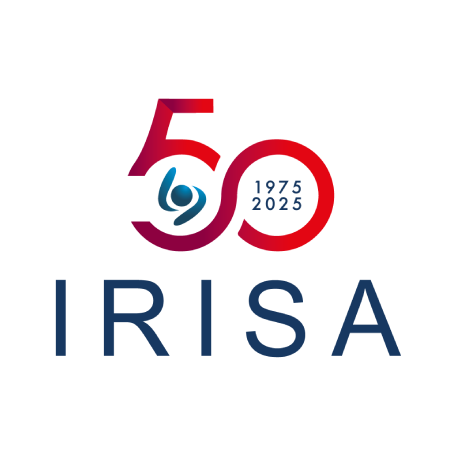Industry and society are increasingly automating processes, which requires solving constrained optimisation problems. This includes vehicle routing problems in transportation, scheduling of tasks in electricity demand-response programs, rostering of personnel and more. However, the solutions found by state-of-the-art constraint programming solvers are often found to not match the expectations of domain experts, which reduces the potential of the technology.
One key direction to overcome this, is to automatically learn from the user and environment over time. This includes learning preferences, implicit constraints and impacts of external factors. It requires combining machine learning techniques with constraint solving techniques, and hence hybrid learning and reasoning systems.
In this talk I will provide an overview of three different ways in which part of the problem specification can be learned from data. This includes preference learning of objective functions, perception-based reasoning and end-to-end decision focussed learning, where I will highlight recent evolutions and advances we have been making in our lab.
I will end by sharing how I used early results in these directions as a motivation for an ERC grant, due to start in 2021; including the research challenges identified and how they range from feasible to potentially high impact.
